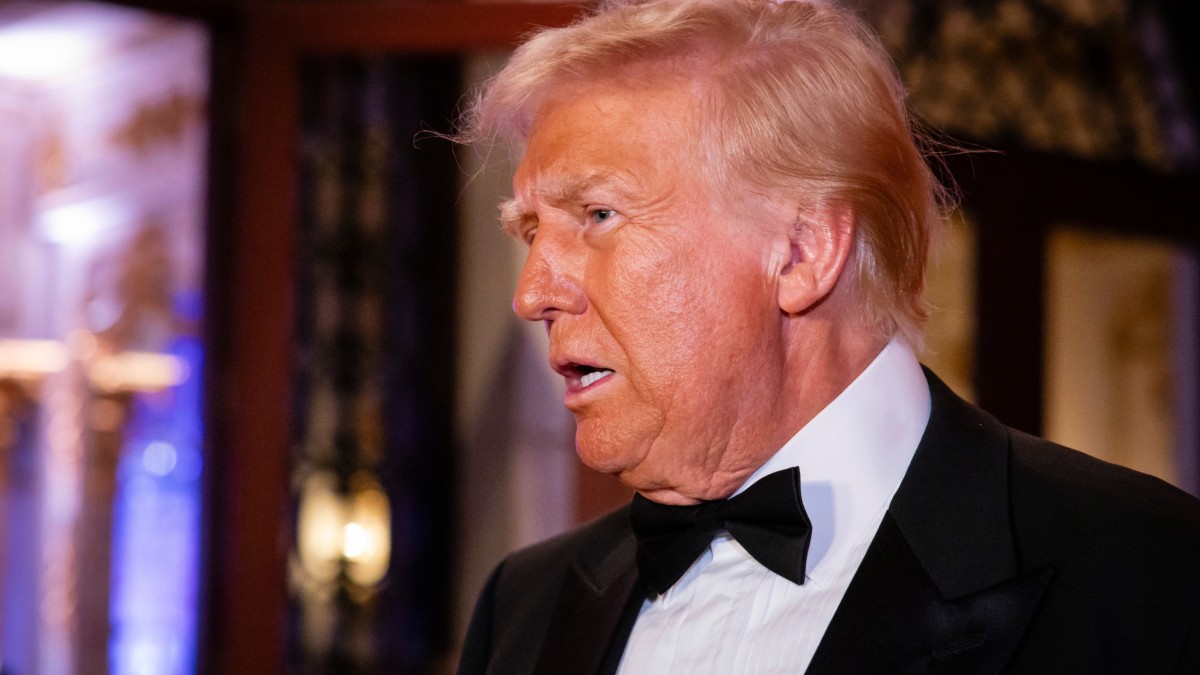‘Quite the contrast’: Trump’s failed accountability is compared to another world leader facing consequences for their actions

Following the arrest of South Korea’s impeached leader, Yoon Suk Yeol, the contrast between how South Korea and the United States handled their leaders’ rebellion is quite startling.
On December 3, 2024, Yoon shocked South Korea when he abruptly declared martial law. In South Korea, the president can declare martial law in times of war and emergencies. However, there was little evidence that Yoon had a reason or situation that met the standards necessary for a martial law declaration, with many suspecting it was actually an attempted coup. Ultimately, the National Assembly, in a unanimous vote from 190 members, successfully annulled the martial law after just three hours. Even though his “coup” lasted such a short time, the consequences were swift and serious. He was impeached, and his presidential powers were suspended. Following the investigation into his declaration of martial law, an arrest warrant was granted, and Yoon was taken into custody on January 15, 2025.
It took South Korea barely more than a month to hold Yoon accountable for his actions. However, four years after Donald Trump incited his followers to attack the United States Capitol in what many consider a self-coup, he is preparing for his second term as president rather than facing impeachment or arrest.
The internet points out the contrast between Yoon and Trump
News of Yoon’s arrest broke just five days before Trump’s inauguration. Republicans against Trump shared Yoon’s arrest while noting it stemmed from accusations that he led an insurrection which, in South Korea, is “a crime punishable by life imprisonment or even the death penalty.” The account didn’t even have to mention Trump for commenters to make the connection. While Trump was impeached for his incitement of an insurrection, he was ultimately acquitted in the Senate impeachment trial.
Many still hoped he would be held accountable as he faced numerous legal challenges, including being convicted of 34 felonies in his hush-money trial and facing a federal case from Special Counsel Jack Smith regarding his attempt to overturn the 2020 election. However, the trials and sentencing stalled, allowing Trump to run for president and win the election before facing the consequences of his actions. His federal cases were dismissed after his re-election, and he was leniently sentenced to unconditional discharge for the hush money trial. Now, as the president of Korea is facing arrest, Trump is preparing for his second term after making all his legal troubles disappear.
User @AmoneyResists noted “quite the contrast” between Yoon and Trump. He wrote, “It took South Korea less than a month to arrest their former President who tried to stage a coup. Whereas we decided to let ours run for office again and slow-walk his prosecutions so he could take power again.”
Given how much America prides itself on being a Democracy, it’s quite strange that it seems to be falling behind South Korea in recognizing what a threat to democracy looks like. The only potential explanation for the contrast between the United States and South Korea is that the U.S. has begun to take its democracy for granted. In contrast, the still rather fresh, dark memories of martial law and dictatorship in South Korea may have inspired the country to defend its democracy so fiercely.
Have a tip we should know? [email protected]